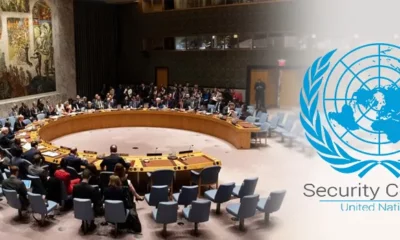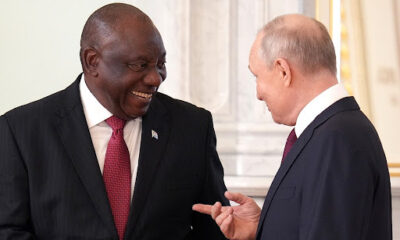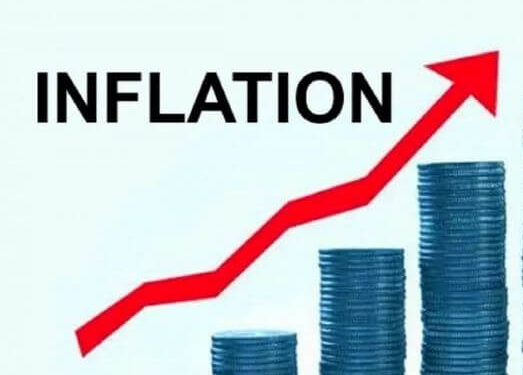Russia’s invasion of Ukraine on February 24 is casting a long shadow across Africa – a devastating effect on some African states, threatening their economies and could also benefit the continent in some ways.
As devastating as it is, some African countries may benefit from a shift in global markets away from Russia due to the crisis. The short-term potential impacts on economic livelihoods are worrying while the implications for pan-African solidarity and adherence to multilateralism are increasingly uncertain.
There are important ties between Ukraine and Africa, including more than 8,000 Moroccans and 4,000 Nigerians studying in Ukraine and over $4 billion in exports from Ukraine to Africa.
Though, African leaders have come under diplomatic pressure to take sides in the escalating feud between Russia and Western powers, African Union (AU) has called on Russia to respect international law and Ukraine’s sovereignty.
In a statement on Feb. 24, AU chair Macky Sall and AU Commission chair Moussa Faki called on Russia and Ukraine to establish a ceasefire and open political negotiations “to preserve the world from the consequences of planetary conflict.”
Kenya, Gabon, and Ghana spoke out against the escalating conflict at an emergency meeting for the United Nations Security Council on Feb. 21, but most African countries have remained quiet.
South Africa, on Feb. 23 asked Russia to withdraw its troops from Ukraine and called for a peaceful resolution of the conflict.
How will the ongoing conflict affect Africans?
Russia is one of the world’s biggest fossil fuel producers. The sanctions on Russia, especially by the United States of America, would linger inflation, high prices of gas in the countries which is a giant headache for American President, Joe Biden.
With this, few countries are sensing long-term growth opportunities from the crisis specifically, Africa’s natural gas could reduce Europe’s dependence on Russian energy.
The budgets of oil-producing countries like Nigeria and Angola might get a boost from the rising prices, but the cost of transport is likely to rise for people across the continent. This will have a knock-on effect on the prices of nearly all other products.
“It becomes a double whammy of potentially higher food prices globally and higher energy prices pushing up inflation. And when central banks respond by hiking interest rates, it becomes a triple whammy,” said Charlie Robertson, global chief economist at Renaissance Capital.
But the editor of the UK-based Africa Confidential publication, Patrick Smith, said the war offered massive opportunities for oil- and gas-producing countries.
“Europe has to rapidly find alternatives to Russian gas, and the most reliable alternatives are in Africa. It’s a great opportunity for African states to move in, and get new deals done quickly,” he added.
Besides natural gas, further sanctions on Russia might benefit other natural resource exporters in the region. For instance, South Africa is, after Russia, the world’s second-biggest producer of palladium—a critical input into automobiles and electronics—and therefore could experience growing demand as a result of international sanctions placed on Russia. Similarly, as a major exporter of gold, the South African rand has been strengthening as a result of rising global prices for precious metals.
Several other countries could similarly benefit from Europe’s energy diversification, including Senegal, where 40 trillion cubic feet of natural gas were discovered between 2014 and 2017 and where production is expected to start later this year. Nigeria, already a supplier of liquified natural gas (LNG) to several European countries, is also embarking with Niger and Algeria on the Trans-Saharan Gas Pipeline to increase exports of natural gas to European markets. On February 16, the three countries signed an agreement to develop the pipeline, estimated to cost $13 billion. Europe is likely to be a key financer, bolstered by the EU’s controversial decision in early February to label investments in natural gas as “green” energy.


 VenturesNow2 days ago
VenturesNow2 days ago
 Musings From Abroad2 days ago
Musings From Abroad2 days ago
 Metro2 days ago
Metro2 days ago
 Metro14 hours ago
Metro14 hours ago

























